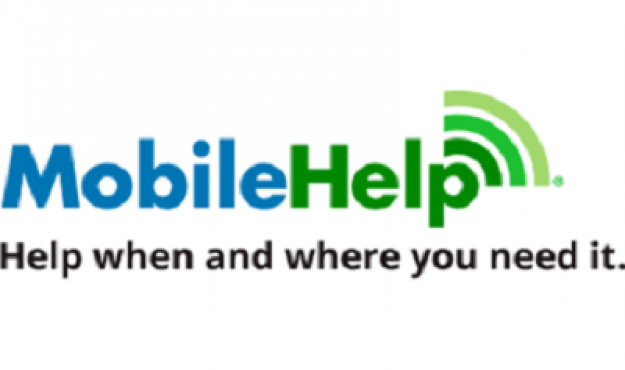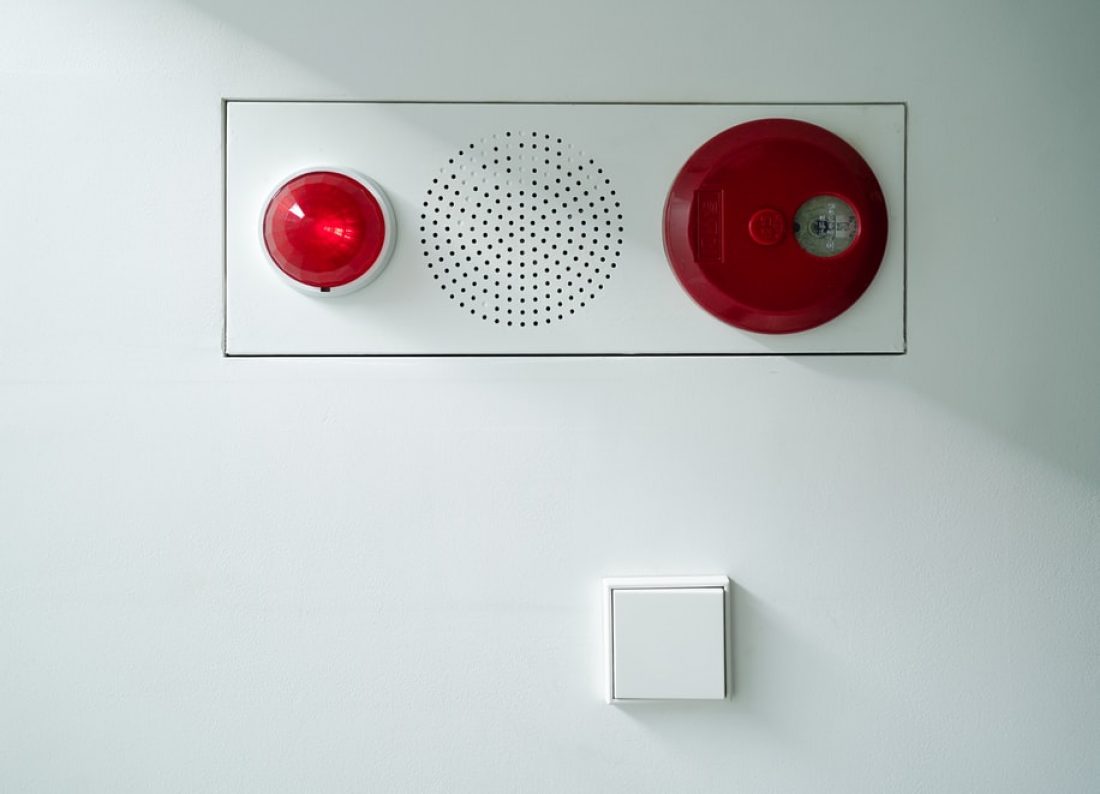

GreatCall
- GreatCall's free caregiver app
- 24/7 access to registered nurses and board-certified doctors

MobileHelp
- Waterproof wrist button or pendant
- Cellular technology
- Price from: $19.95 /mo.
- Special offers: 30-day free trial, free ground shipping, free lockbox
- Signal range (feet): Up to 1,400
- At home; on-the-go: ✔
- Base station battery life: Over 30 hours
- Fall detection: ✔
Medical Alert
- Simple set-up
- Personal installation support
- Price from: $19.95 /mo.
- Special offers: 30-day free trial, free shipping, + one free month
- At home; on-the-go: ✔
- Base station battery life: Up to 36 hours
- Fall detection: ✔
LifeStation
- Fastest response time
- Small and lightweight
- Price from: $21.95/mo.
- Special offers: 30-day free trial
- Signal range (feet): Up to 500
- At home; on-the-go: ✔
- Base station battery life: Up to 32 hours
- Fall detection: ✔
LifeFone
- 40+ years of reliable experience
- Consumer friendly policies
- Price from: $24.95/mo.
- Special offers: 1 month free, free shipping, free lock box, free activation price lock guarantee
- Signal range (feet): up to 1,300
- At home; on-the-go: ✔
- Base station battery life: Up to 32 hours
- Fall detection: ✔
Philips Lifeline
- Uninterrupted support
- 24/7 access to trained care specialists
- Price from: $29.95/mo.
- At home; on-the-go: ✔
- Base station battery life: Battery is long-lasting, and will be automatically replaced when needed
- Fall detection: ✔
QMedic
- Comfortable wristband or discreet pendant
- 24/7/365 access to QMedic's emergency call center
- Price from: $30/mo.
- Special offers: 30-day money-back guarantee, free ground shipping
- Signal range (feet): Up to 1,000
- At home; on-the-go: ✔
- Base station battery life: Over 24 hours
- Fall detection: ❌
Bay Alarm Medical
- 2-Way communication
- Account manager app
- Price from: $19.95/mo.
- Special offers: Up to 20% off select plans, 30-day free trial, free shipping, free activation
- Signal range (feet): Up to 1,000
- At home; on-the-go: ✔
- Base station battery life: Up to 32 hours
- Fall detection: ✔
General
One of the hardest things in life is to see a loved one unable to care for themself. This happens to many adults as they watch their elderly parents lose the ability to complete everyday tasks on their own safely. If the person lives or spends a lot of time alone, it can drive their loved ones crazy worrying about them. But a medical alert system can give them peace of mind.
Most think that a person only needs special consideration if they are at the point where they need a dedicated caregiver or medical specialist But even if your parents or grandparents are in good physical and psychological health, live with their spouse, and are still socially active, it is still important to be sure that nothing happens to them. They could fall or get lost, even if you live close by. A medical alert system could save their life.
How it works
Medical alert systems were first connected to a landline, so the person with it had to be at home. Modern variants use wifi and cellular data and GPS. So when a person in need of help pushes a button a signal is sent with their exact location. It can be sent to:
- A central, 24/7 dispatcher operated by the chosen company;
- A 911 dispatcher;
- Family members;
- A combination - it could go to a central dispatcher and also to a family member.
Keep in mind that GPS isn’t perfect and can only locate a device within 5 yards of its actual location. This could make a big difference in, say an apartment building. However, the responders should have the person’s address to alleviate any problem finding them.
We still suggest that you test any device before purchasing it or subscribing to a service. Many companies will allow you a free trial or give you a refund if you return the device within the first 30 days that way you can make sure it will work properly before you commit.
Devices
The most common medical alert device is a bracelet with a simple button on it. But if you don’t find this pleasant to wear, there are now many other options. Some are designed to replicate jewelry so others won’ even know you’re wearing it, including pendants for necklaces and rings.
You can also have a stationary device in the home mounted to a wall or surface. However, as an elderly person may not be able to reach it when they have an emergency, it is best to have a wearable option, too.

Modern medical alert devices also can come with accelerometers and gyroscopes. These, like with smartwatches and fitness trackers, can catch irregular motions and alert when a person may have fallen or passed out even if they can’t speak or press a button.
Other purposes
Medical alert systems are not only useful for senior citizens but others, as well — especially females. Some situation in which an alert system may be helpful:
- If you work the late shift (bartenders, nurses, etc.) and need to get home safe, it can provide you extra security;
- If you like to go for early or late jogs;
- If you love to go on hikes, leaving your phone at home to be alone in nature, you could benefit from using an alert system during emergencies.
None of us knows what awaits for us around the corner; these devices could provide life-changing safety alerts for you. Not always you be comfortable to reach by your phone to call 9-1-1, or even able to do it. But with an accessory like bracelet, ring, pendent, you will need just push the button. This device could help and protect you better than pepper spray.